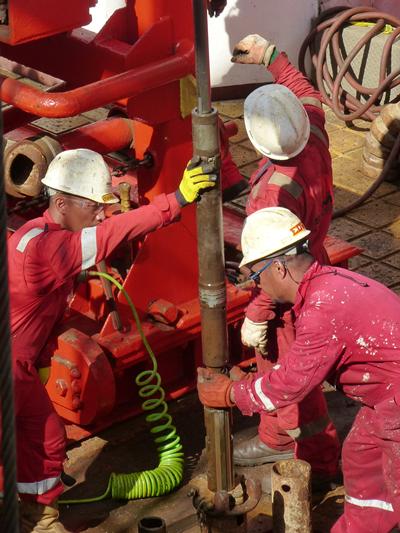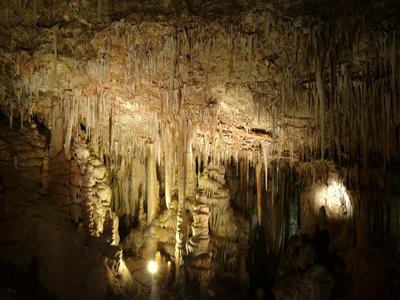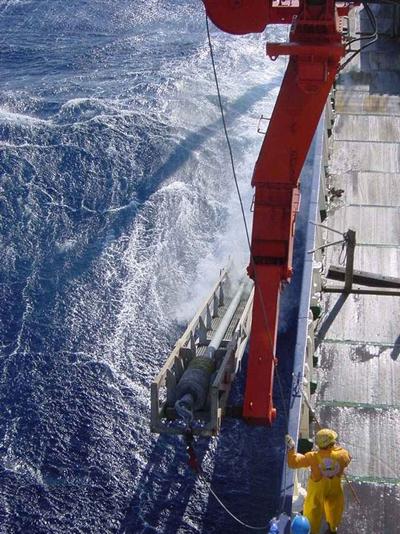Dramatic ice sheet collapse 135 thousand years ago triggered strong global climate change

An international team of scientists has found that the climatic events that ended the ice age before last are surprisingly different to those of the last ice age.
These findings will help scientists understand the processes that control Earth’s dramatic climate changes at the end of an ice age.
The team, which includes researchers from the University of Southampton as well as the University of Swansea and The Australian National University (ANU), has published their findings in Nature.
“To our surprise, the sequence of climate events 135,000 years ago looks very different from what happened at the end of the last ice age, about 20,000 to 10,000 years ago,” said leader of the study, Dr Gianluca Marino of the ANU Research School of Earth Sciences.
“Ice-ages may superficially look similar to one another, but there are important differences in the relationships between the melting of continental ice sheets and global climate changes.
“During the major climate warmings ending an ice age, periods of slower change alternated with periods of faster change,” he said “but it was unclear if these alternations were always the same at the end of every ice age.”

At the end of an ice age continental ice sheets, oceans and atmosphere change rapidly. Scientists have previously only been able to reconstruct in detail the changes at the end of the last ice age.
“We have now added a view of the climate changes at the end of another ice age, for comparison, and we found that the patterns were different,” said co-author Professor Eelco Rohling, from the University of Southampton and ANU.
“At the end of the last ice age, rapid melting of the Northern Hemisphere ice sheets and major climate changes did not occur at the same time. At the end of the ice-age before last, 135,000 years ago, a rapid collapse of the Northern Hemisphere ice sheets into the North Atlantic Ocean suppressed ocean circulation, and caused global climate impacts.
“The North Atlantic cooled while the Southern Ocean warmed. The latter destabilised Antarctic land ice, causing a continuation of melting that eventually drove sea level rise to several metres above the present,” he said.

Dr Marino adds: “Recent studies have shown that Southern Ocean warming linked with human-caused greenhouse effects is driving accelerated melting in Antarctica. The ends of ice ages were different, but we can still use them to learn more about the sensitivity of the massive Antarctic ice sheet to climate change.”
The team used precisely dated cave records and marine sediments from the Mediterranean region to reconstruct the sequence through time of changes in all critical climate parameters.